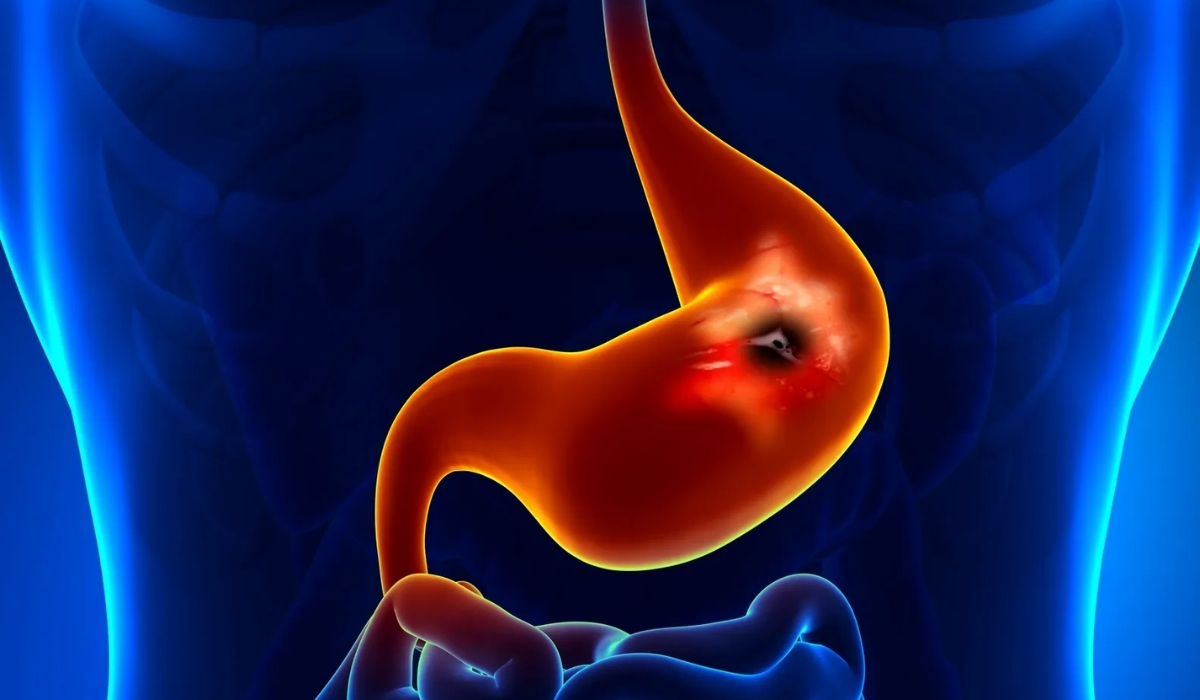Treatment options and pricing
Browse and click below to book any of our available service.
Neuro-Gastroenterology Initial Appointment
Included in the Neuro-Gastroenterology Initial Appointment
The initial neuro-gastroenterology consultation includes a thorough assessment of your gut symptoms, review of tests, and a personalised treatment plan. Our consultant-led approach combines medical expertise, evidence-based therapies, and complementary options like acupuncture.
Neuro-Gastroenterology Follow-Up Appointment
Included in the Neuro-Gastroenterology Follow-Up Appointment
Follow-up neuro-gastroenterology appointments allow your consultant to review progress, adjust your personalised treatment plan, and provide ongoing support for gut–brain related symptoms using evidence-based therapies and complementary options like acupuncture.
Common Q&A about Neuro-Gastroenterology
Our FAQ section is designed to address common questions you may have, from how our treatments work to what you can expect during and after your session.
Our team is always available to provide additional support if you need more personalised guidance, ensuring that you feel informed and confident every step of the way.
Neuro-gastroenterology is a subspecialty of gastroenterology that focuses on how the gut and nervous system interact. It deals mainly with “functional gut disorders” where symptoms are real and often debilitating, but standard tests may not show obvious disease.
A standard gastroenterology appointment looks to rule out conditions like inflammatory disease, such as Crohn’s and ulcerative colitis, peptic ulcer disease or coeliac disease. Neuro-gastroenterology focuses on conditions such as IBS, reflux hypersensitivity and functional dyspepsia, where the gut–brain signalling or nerve sensitivity plays a key role.
Yes. IBS is one of the most common conditions we see. By addressing diet, stress, gut sensitivity and motility, we can create a personalised plan that often brings significant relief.
Often yes — but the aim is to rule out serious disease and confirm that symptoms are functional. Blood tests, stool tests and sometimes endoscopy are arranged if clinically needed.
Absolutely. The gut and brain are closely linked. Stress, trauma and mood can directly influence gut sensitivity and movement. Addressing these factors can make a big difference to long-term symptom control.
Treatment is tailored and may include dietary strategies (e.g. low FODMAP diet), gut-directed medication, acupuncture, biofeedback, stress-management techniques, or referral for psychological support if needed.
Not usually. Your existing treatments are reviewed, and we build on them rather than taking them away. Any medication changes will be discussed carefully with you.
Some people feel better within a few sessions, especially with targeted therapy. Others improve gradually over weeks as the gut–brain axis is retrained. Your clinician will review progress and adjust your plan as needed.
No. You can book directly. If you have a GP referral letter or previous results, please bring them with you.
We can provide invoices suitable for most UK health insurers. Please check with your insurer for authorisation. Self-pay options are always available.
Symptom checker
If you are experiencing any of these symptoms, please book an appointment with us. Symptoms can vary from person to person and from condition to condition.A proper diagnosis can only be made through a thorough medical examination.
Our clinicians will carry out a full assessment to ensure an accurate diagnosis and appropriate care.
Are you experiencing persistent gut symptoms despite normal tests?
If bloating, abdominal pain, nausea, or irregular bowel habits continue despite routine investigations, neuro‑gastroenterology evaluates gut‑brain interactions to uncover underlying causes and guide personalised strategies for long‑term relief.
Do you have unexplained bloating or abdominal distension?
Ongoing swelling or fullness without structural issues may indicate gut‑nerve dysfunction. Specialist assessment can identify contributing factors and offer targeted strategies to ease discomfort, improve digestion, and restore daily comfort.
Do you suffer from frequent cramps, pain, or alternating bowel habits?
Chronic cramps, loose stools, constipation, or unpredictable bowel patterns can reflect functional gut disorders. Neuro‑gastroenterology assesses the gut‑brain axis to provide tailored interventions for symptom relief and better gut regulation.
Are you experiencing persistent nausea or feeling full quickly?
Symptoms like chronic nausea, early satiety, or frequent belching may be caused by motility or gut‑nerve issues. Specialist evaluation focuses on identifying triggers and designing personalised plans to improve digestion and overall comfort.
Does stress or anxiety worsen your digestive symptoms?
Digestive issues often worsen under stress due to gut‑brain communication. Neuro‑gastroenterology addresses this by combining medical assessment with lifestyle and therapeutic strategies to reduce symptom flare‑ups and improve overall wellbeing.
Have standard treatments failed to relieve your digestive issues?
If conventional therapies haven’t eased reflux, bloating, or irregular bowel habits, neuro‑gastroenterology explores deeper functional and motility problems, providing targeted treatment plans to address persistent digestive discomfort effectively.
What we treat
At The Health Suite Leicester, our private medical clinic offers expert care whenever you need it. Our team of experienced GPs and healthcare professionals provide personalised diagnosis and treatment for a wide range of medical conditions, ensuring high-quality, professional care in a comfortable setting.
Click below to view useful info on a few of the common conditions we treat:
Functional gut disorders
Specialist evaluation and management of IBS, functional dyspepsia, and chronic gut pain driven by abnormal gut‑brain signalling. Treatment includes personalised plans targeting motility, sensitivity, and lifestyle factors to improve digestive function and overall wellbeing.
Persistent bloating & distension
Assessment and care for ongoing abdominal swelling not explained by structural disease. Neuro‑gastroenterology identifies contributing factors, offering strategies to reduce bloating, improve digestion, and enhance comfort and daily functioning.
Irregular bowel habits
Support for chronic constipation, diarrhoea, or alternating bowel patterns caused by gut‑nerve dysfunction. Specialist management includes diet, lifestyle, and medical interventions to restore normal bowel rhythm and relieve persistent gut symptoms.
Nausea & early fullness
Care for chronic upper gastrointestinal symptoms such as nausea, early satiety, and belching. Neuro‑gastroenterology investigates underlying motility and functional issues, offering personalised interventions to improve digestive comfort and nutritional intake.
Gut‑brain axis dysfunction
Treatment of digestive symptoms linked to stress, anxiety, or nervous system influences. Integrated strategies address motility, sensitivity, and lifestyle factors, aiming to restore balance to the gut‑brain communication and enhance quality of life.
many more
Our clinicians manage a broad spectrum of conditions, and individual assessment allows us to tailor care beyond the examples listed. We encourage you to book a consultation to discuss your symptoms and appropriate treatment options.


